Jordan Hartzell was an integral member of The Farmlink Project’s founding team—and she’s remained a valued leader ever since.
From helping wherever she could during the organization’s early days to coordinating the logistics for countless deliveries as our Deals Team Lead to spearheading the Product Team through developing The Farmlink Project’s digital infrastructure, Jordan has contributed to Farmlink in diverse and impactful ways.
Jordan, who studies Computer Science and Applied Mathematics at Brown University, learned about the organization during its early days through Will Collier, a founding member of the Media Team. Will, another Brown student at the time, asked her if she would be willing to help the newly-established Farmlink Project build its digital infrastructure given her technological ability. Jordan enthusiastically agreed. She made it her mission to replace the Farmlink Project website’s food pound counting widget, which we were paying a third party to support at the time, with one of her own.
Despite her success at this, Jordan didn’t limit herself to The Farmlink Project’s digital operations.
“Although I originally asked her to help with our website widgets, it was no surprise to me or anyone else that she ended up helping develop, lead, and grow so much more of the Farmlink that we know today,” Will said. “She has had a very large and invaluable impact.”
When Jordan stumbled across a New York Times article about the pandemic-related food waste crisis in the spring of 2020—just after the organization’s inception—she discovered that one of the authors was a Brown graduate. With her ambitious, give-it-your-all spirit, Jordan decided to reach out to the journalist about The Farmlink Project, causing him to decide to feature the organization in his next piece. The article propelled the organization to the forefront of the national conversation around food insecurity and food waste amid the pandemic.
Simultaneously, Jordan helped to organize The Farmlink Project’s volunteer operations. As the organization was still in its early stages, members were just starting to think about what the internal infrastructure could look like.
At the start of last summer, Jordan yet again pivoted to a new component of The Farmlink Project operations: the Deals Team. “At that time, we were just kind of figuring out what it looked like to firefight,” Jordan said of her early days leading the Deals Team. “And by ‘firefight,’ I mean when there’s a truck that gets lost or a load shows up at a place that doesn’t have a forklift.”
Though she had a software engineering internship planned for the summer, Jordan immersed herself in the Deals Team and ultimately delayed her internship until the fall, deciding to take time off from school to do so. Still, she made time for The Farmlink Project during non-work hours during that time.
By the time this past spring came around, Jordan had started doing research for the newly established Product Team. She was ultimately asked to be a project manager for the Accelerator Team and, despite it not being in her original plans, she took another semester off from school to do so.
“We were part of an Accelerator with IDEO and the World Wildlife Fund. It was funded by Kroger, and we had $350,000 to spend and got to build software and do user research,” she said, explaining that the Accelerator focused on designing a software product and sustainable business model to scale The Farmlink Project’s operations.
Although Jordan planned to pursue something else once the Accelerator project ended, The Farmlink Project received another round of funding to support digital product development, and Jordan once again decided to stay on the team. Now, she is helping create a product to automate delivery logistics for The Farmlink Project volunteers and make it easier for farmers to take advantage of The Farmlink Project’s food-moving services.
“The general goal here is that as we scale the volume of food that we move, we do not want to scale the labor required to move that food or the cost,” she said. “And so there’s kind of two prongs: we want to be able to facilitate deals, and we also want to be able to implement features that will allow us to move food at zero cost.”
The tool will allow users to input deliveries, match excess food to a local food bank in need, and automatically contact food banks, among other features.
Jordan described her time with The Farmlink Project as “the most independence [she’s] had, alongside the most responsibility.”
“It has been an absolute joy to be trusted with the things that we have. I think that’s the real beauty of Farmlink at any level—you’re kind of entrusted with relationships, and that to me is the biggest responsibility,” she said.
Jordan has stayed at The Farmlink Project for so long not only because she is passionate about our mission and committed to using her skills to make a concrete impact, but also because of the fun and inspiring nature of working with friends.
“I have closer friendships from Farmlink than I ever expected, and I think that adds to the responsibility because it makes you very personally invested in the project,” she said. Jordan added that she is constantly striving to match the energy and enthusiasm of the Farmlink Project team members around her.
And—perhaps most impactfully—Jordan said that her time on The Farmlink Project has challenged her to think about the food system in new ways, whether environmentally, politically, socially, or economically.
“Not only was I not really conscious of the food waste that I was generating in my own life, but I spent fairly little time thinking about the ways in which agriculture is linked to climate change,” she said. “And that has definitely changed my perspective, and it’s really made me think about climate change in new ways—and it’s changed some of my plans for the future.”

< Back
Jordan Hartzell was an integral member of The Farmlink Project’s founding team—and she’s remained a valued leader ever since.
From helping wherever she could during the organization’s early days to coordinating the logistics for countless deliveries as our Deals Team Lead to spearheading the Product Team through developing The Farmlink Project’s digital infrastructure, Jordan has contributed to Farmlink in diverse and impactful ways.
Jordan, who studies Computer Science and Applied Mathematics at Brown University, learned about the organization during its early days through Will Collier, a founding member of the Media Team. Will, another Brown student at the time, asked her if she would be willing to help the newly-established Farmlink Project build its digital infrastructure given her technological ability. Jordan enthusiastically agreed. She made it her mission to replace the Farmlink Project website’s food pound counting widget, which we were paying a third party to support at the time, with one of her own.
Despite her success at this, Jordan didn’t limit herself to The Farmlink Project’s digital operations.
“Although I originally asked her to help with our website widgets, it was no surprise to me or anyone else that she ended up helping develop, lead, and grow so much more of the Farmlink that we know today,” Will said. “She has had a very large and invaluable impact.”
When Jordan stumbled across a New York Times article about the pandemic-related food waste crisis in the spring of 2020—just after the organization’s inception—she discovered that one of the authors was a Brown graduate. With her ambitious, give-it-your-all spirit, Jordan decided to reach out to the journalist about The Farmlink Project, causing him to decide to feature the organization in his next piece. The article propelled the organization to the forefront of the national conversation around food insecurity and food waste amid the pandemic.
Simultaneously, Jordan helped to organize The Farmlink Project’s volunteer operations. As the organization was still in its early stages, members were just starting to think about what the internal infrastructure could look like.
At the start of last summer, Jordan yet again pivoted to a new component of The Farmlink Project operations: the Deals Team. “At that time, we were just kind of figuring out what it looked like to firefight,” Jordan said of her early days leading the Deals Team. “And by ‘firefight,’ I mean when there’s a truck that gets lost or a load shows up at a place that doesn’t have a forklift.”
Though she had a software engineering internship planned for the summer, Jordan immersed herself in the Deals Team and ultimately delayed her internship until the fall, deciding to take time off from school to do so. Still, she made time for The Farmlink Project during non-work hours during that time.
By the time this past spring came around, Jordan had started doing research for the newly established Product Team. She was ultimately asked to be a project manager for the Accelerator Team and, despite it not being in her original plans, she took another semester off from school to do so.
“We were part of an Accelerator with IDEO and the World Wildlife Fund. It was funded by Kroger, and we had $350,000 to spend and got to build software and do user research,” she said, explaining that the Accelerator focused on designing a software product and sustainable business model to scale The Farmlink Project’s operations.
Although Jordan planned to pursue something else once the Accelerator project ended, The Farmlink Project received another round of funding to support digital product development, and Jordan once again decided to stay on the team. Now, she is helping create a product to automate delivery logistics for The Farmlink Project volunteers and make it easier for farmers to take advantage of The Farmlink Project’s food-moving services.
“The general goal here is that as we scale the volume of food that we move, we do not want to scale the labor required to move that food or the cost,” she said. “And so there’s kind of two prongs: we want to be able to facilitate deals, and we also want to be able to implement features that will allow us to move food at zero cost.”
The tool will allow users to input deliveries, match excess food to a local food bank in need, and automatically contact food banks, among other features.
Jordan described her time with The Farmlink Project as “the most independence [she’s] had, alongside the most responsibility.”
“It has been an absolute joy to be trusted with the things that we have. I think that’s the real beauty of Farmlink at any level—you’re kind of entrusted with relationships, and that to me is the biggest responsibility,” she said.
Jordan has stayed at The Farmlink Project for so long not only because she is passionate about our mission and committed to using her skills to make a concrete impact, but also because of the fun and inspiring nature of working with friends.
“I have closer friendships from Farmlink than I ever expected, and I think that adds to the responsibility because it makes you very personally invested in the project,” she said. Jordan added that she is constantly striving to match the energy and enthusiasm of the Farmlink Project team members around her.
And—perhaps most impactfully—Jordan said that her time on The Farmlink Project has challenged her to think about the food system in new ways, whether environmentally, politically, socially, or economically.
“Not only was I not really conscious of the food waste that I was generating in my own life, but I spent fairly little time thinking about the ways in which agriculture is linked to climate change,” she said. “And that has definitely changed my perspective, and it’s really made me think about climate change in new ways—and it’s changed some of my plans for the future.”

Jordan Hartzell
Founding Member and Product Team Lead at The Farmlink Project
Jordan Hartzell was an integral member of The Farmlink Project’s founding team—and she’s remained a valued leader ever since.
From helping wherever she could during the organization’s early days to coordinating the logistics for countless deliveries as our Deals Team Lead to spearheading the Product Team through developing The Farmlink Project’s digital infrastructure, Jordan has contributed to Farmlink in diverse and impactful ways.
Jordan, who studies Computer Science and Applied Mathematics at Brown University, learned about the organization during its early days through Will Collier, a founding member of the Media Team. Will, another Brown student at the time, asked her if she would be willing to help the newly-established Farmlink Project build its digital infrastructure given her technological ability. Jordan enthusiastically agreed. She made it her mission to replace the Farmlink Project website’s food pound counting widget, which we were paying a third party to support at the time, with one of her own.
Despite her success at this, Jordan didn’t limit herself to The Farmlink Project’s digital operations.
“Although I originally asked her to help with our website widgets, it was no surprise to me or anyone else that she ended up helping develop, lead, and grow so much more of the Farmlink that we know today,” Will said. “She has had a very large and invaluable impact.”
When Jordan stumbled across a New York Times article about the pandemic-related food waste crisis in the spring of 2020—just after the organization’s inception—she discovered that one of the authors was a Brown graduate. With her ambitious, give-it-your-all spirit, Jordan decided to reach out to the journalist about The Farmlink Project, causing him to decide to feature the organization in his next piece. The article propelled the organization to the forefront of the national conversation around food insecurity and food waste amid the pandemic.
Simultaneously, Jordan helped to organize The Farmlink Project’s volunteer operations. As the organization was still in its early stages, members were just starting to think about what the internal infrastructure could look like.
At the start of last summer, Jordan yet again pivoted to a new component of The Farmlink Project operations: the Deals Team. “At that time, we were just kind of figuring out what it looked like to firefight,” Jordan said of her early days leading the Deals Team. “And by ‘firefight,’ I mean when there’s a truck that gets lost or a load shows up at a place that doesn’t have a forklift.”
Though she had a software engineering internship planned for the summer, Jordan immersed herself in the Deals Team and ultimately delayed her internship until the fall, deciding to take time off from school to do so. Still, she made time for The Farmlink Project during non-work hours during that time.
By the time this past spring came around, Jordan had started doing research for the newly established Product Team. She was ultimately asked to be a project manager for the Accelerator Team and, despite it not being in her original plans, she took another semester off from school to do so.
“We were part of an Accelerator with IDEO and the World Wildlife Fund. It was funded by Kroger, and we had $350,000 to spend and got to build software and do user research,” she said, explaining that the Accelerator focused on designing a software product and sustainable business model to scale The Farmlink Project’s operations.
Although Jordan planned to pursue something else once the Accelerator project ended, The Farmlink Project received another round of funding to support digital product development, and Jordan once again decided to stay on the team. Now, she is helping create a product to automate delivery logistics for The Farmlink Project volunteers and make it easier for farmers to take advantage of The Farmlink Project’s food-moving services.
“The general goal here is that as we scale the volume of food that we move, we do not want to scale the labor required to move that food or the cost,” she said. “And so there’s kind of two prongs: we want to be able to facilitate deals, and we also want to be able to implement features that will allow us to move food at zero cost.”
The tool will allow users to input deliveries, match excess food to a local food bank in need, and automatically contact food banks, among other features.
Jordan described her time with The Farmlink Project as “the most independence [she’s] had, alongside the most responsibility.”
“It has been an absolute joy to be trusted with the things that we have. I think that’s the real beauty of Farmlink at any level—you’re kind of entrusted with relationships, and that to me is the biggest responsibility,” she said.
Jordan has stayed at The Farmlink Project for so long not only because she is passionate about our mission and committed to using her skills to make a concrete impact, but also because of the fun and inspiring nature of working with friends.
“I have closer friendships from Farmlink than I ever expected, and I think that adds to the responsibility because it makes you very personally invested in the project,” she said. Jordan added that she is constantly striving to match the energy and enthusiasm of the Farmlink Project team members around her.
And—perhaps most impactfully—Jordan said that her time on The Farmlink Project has challenged her to think about the food system in new ways, whether environmentally, politically, socially, or economically.
“Not only was I not really conscious of the food waste that I was generating in my own life, but I spent fairly little time thinking about the ways in which agriculture is linked to climate change,” she said. “And that has definitely changed my perspective, and it’s really made me think about climate change in new ways—and it’s changed some of my plans for the future.”

.png)

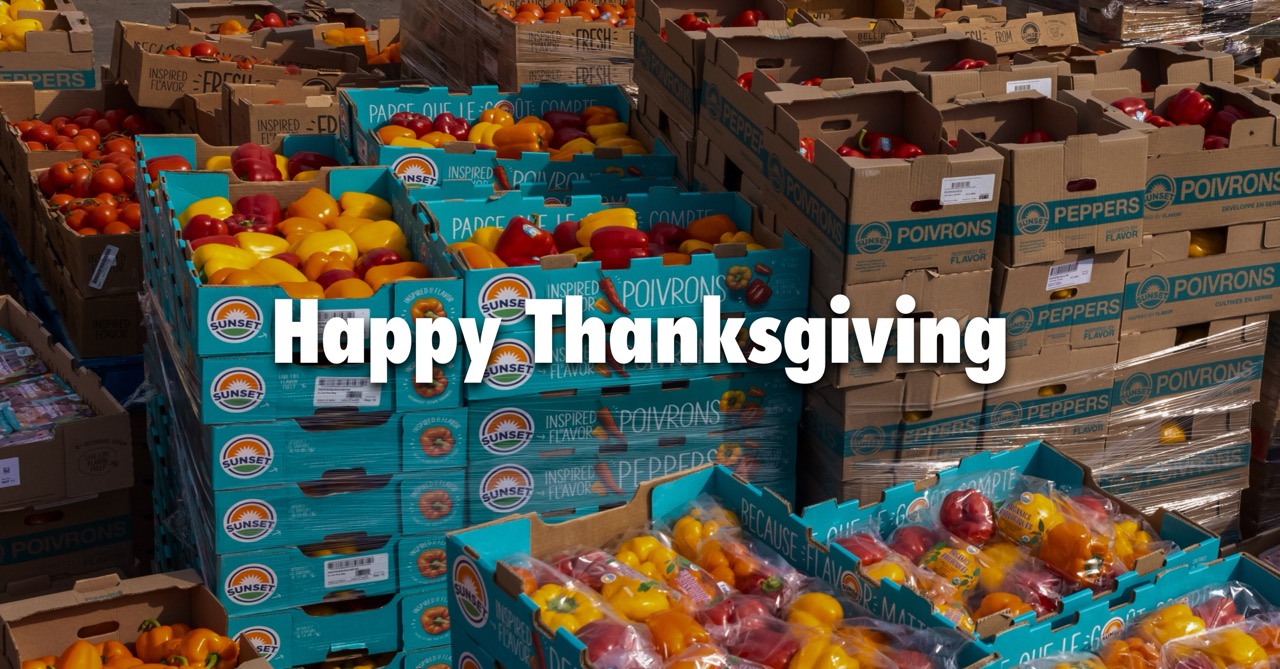
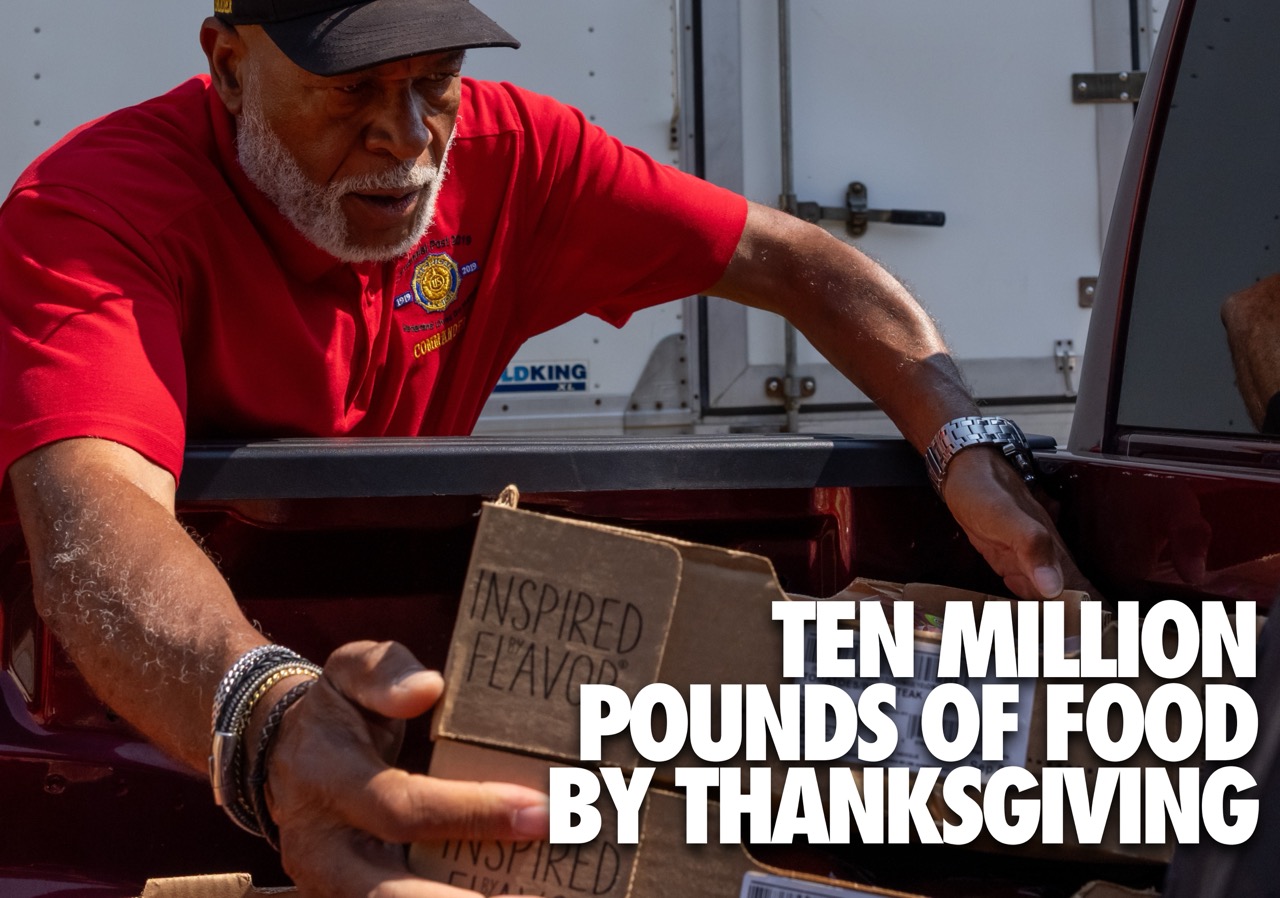
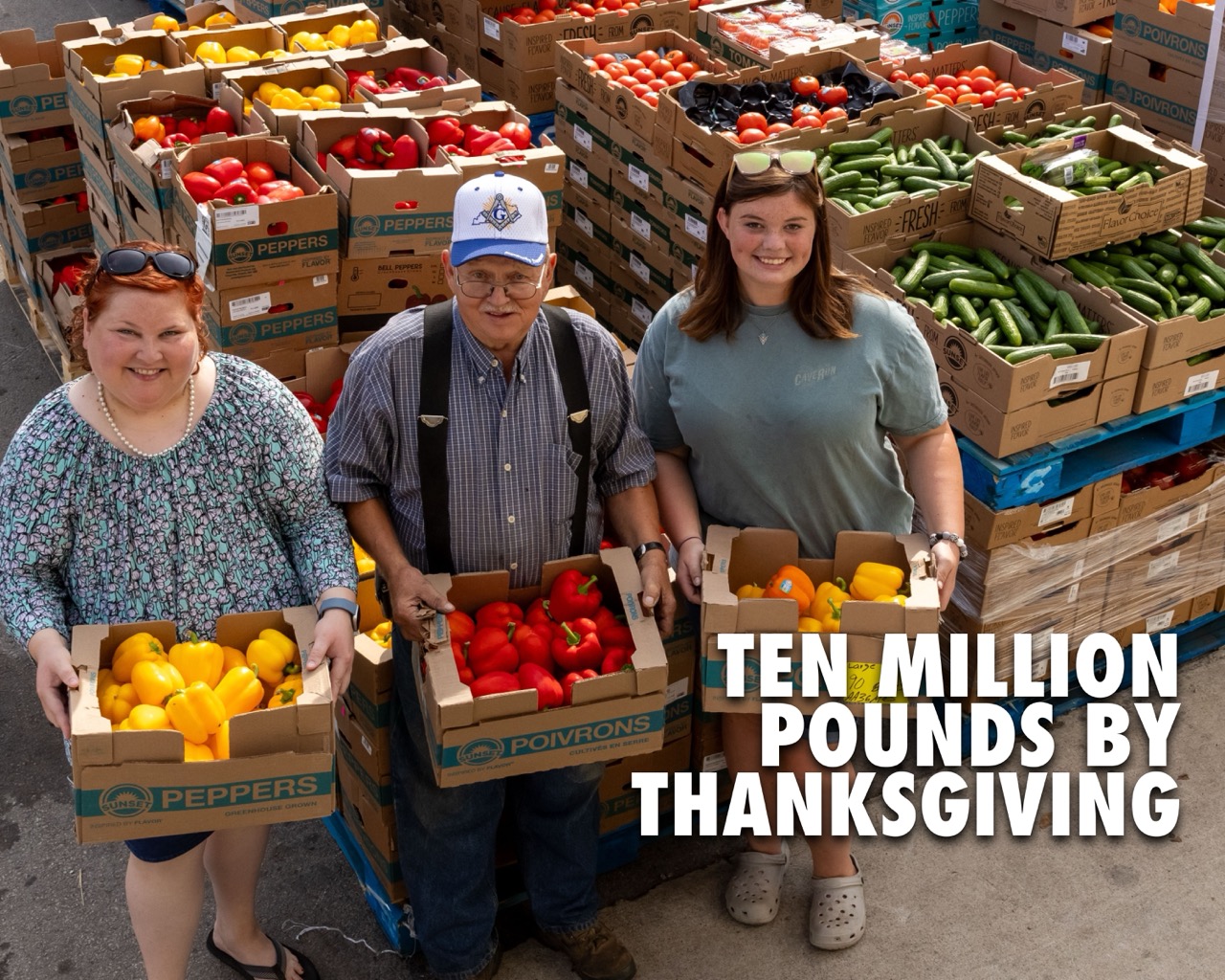
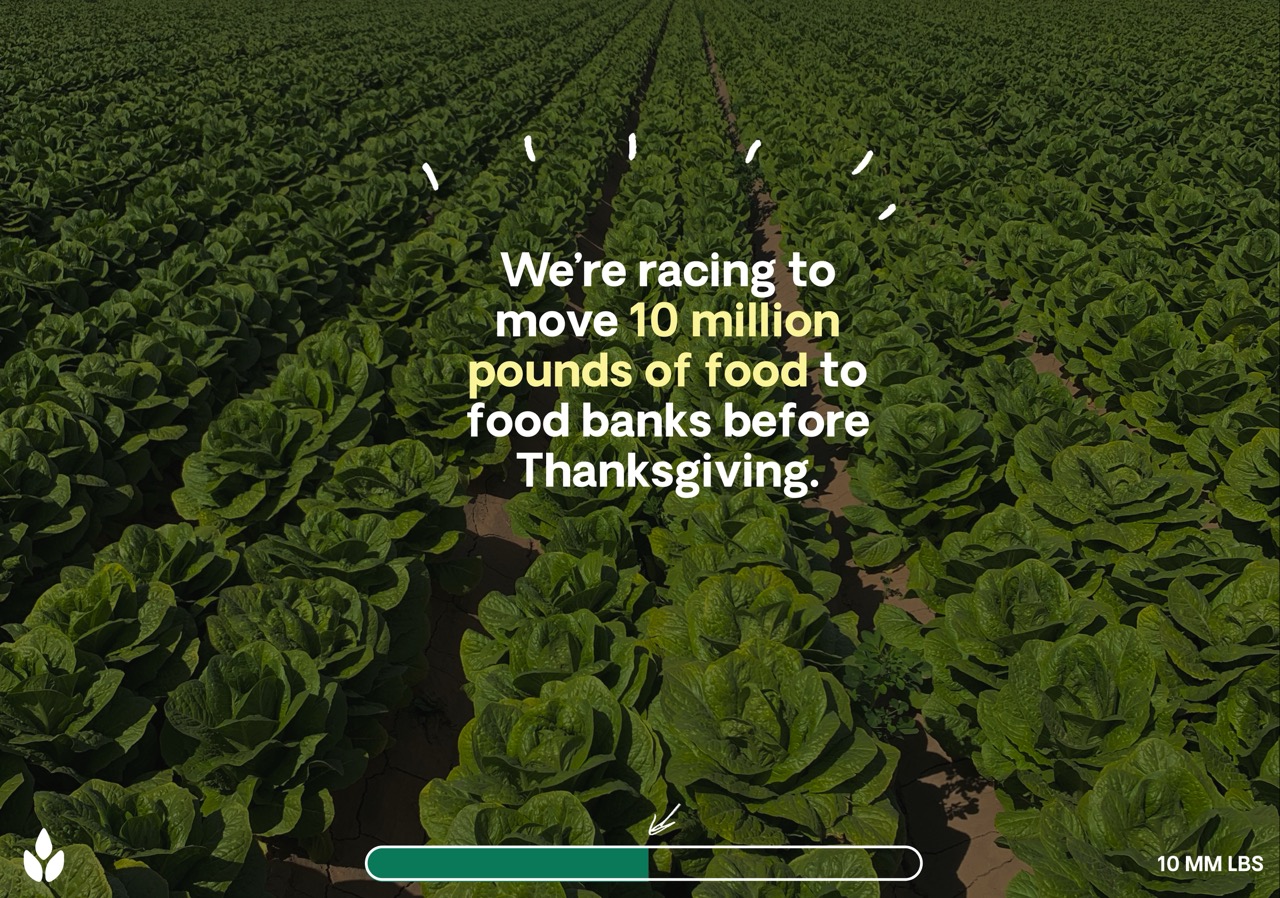
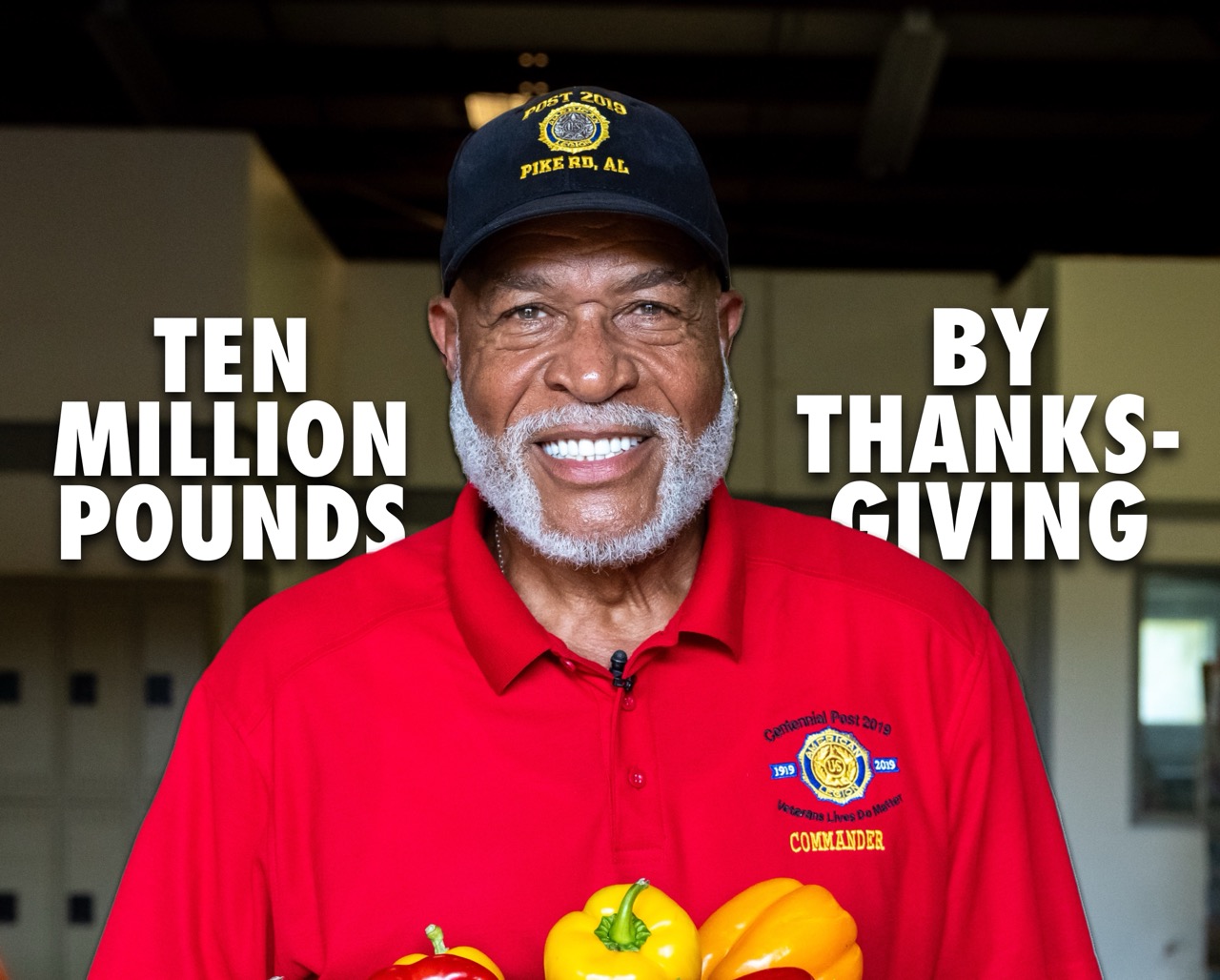
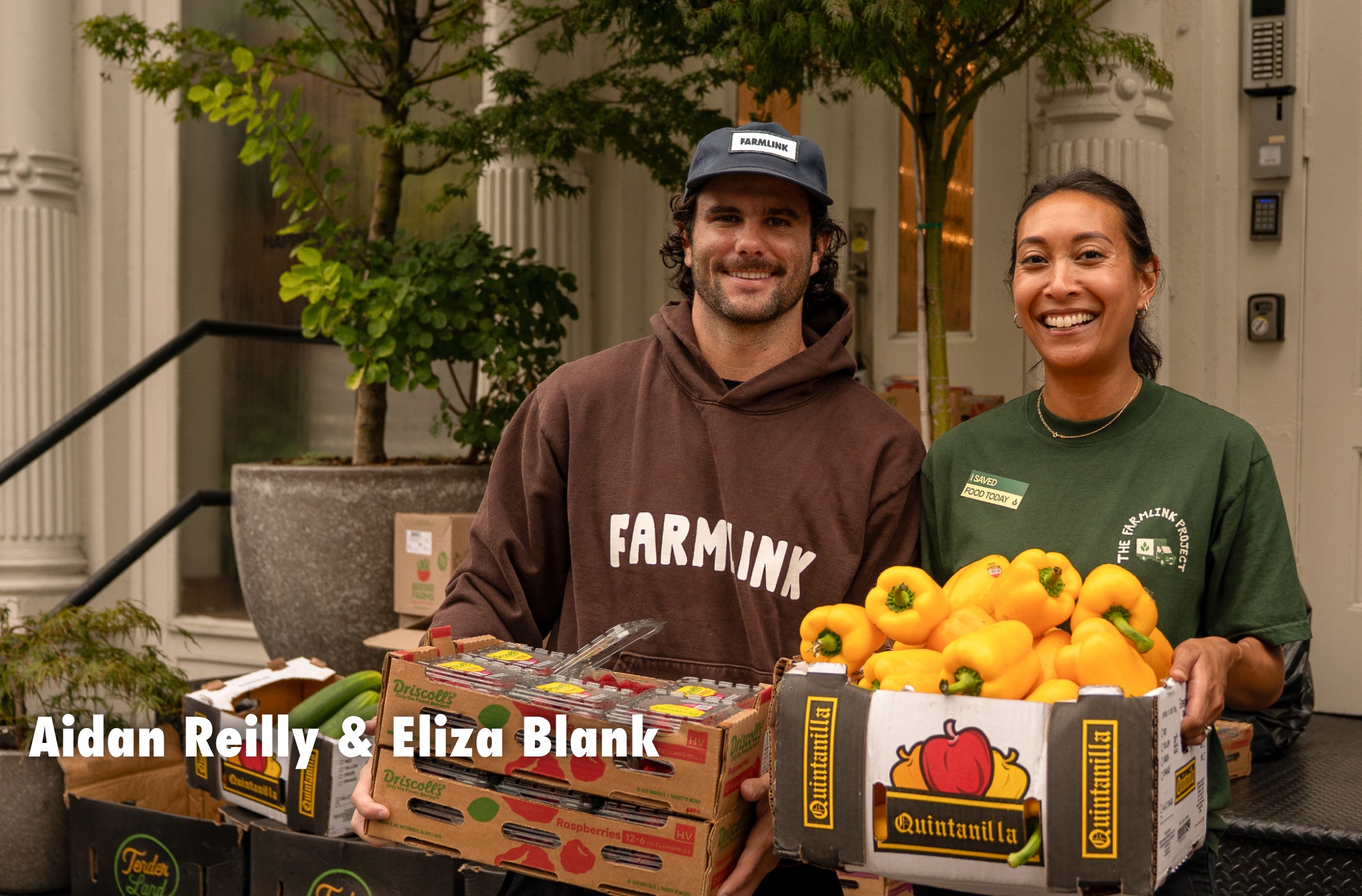
.svg)
.svg)
.svg)